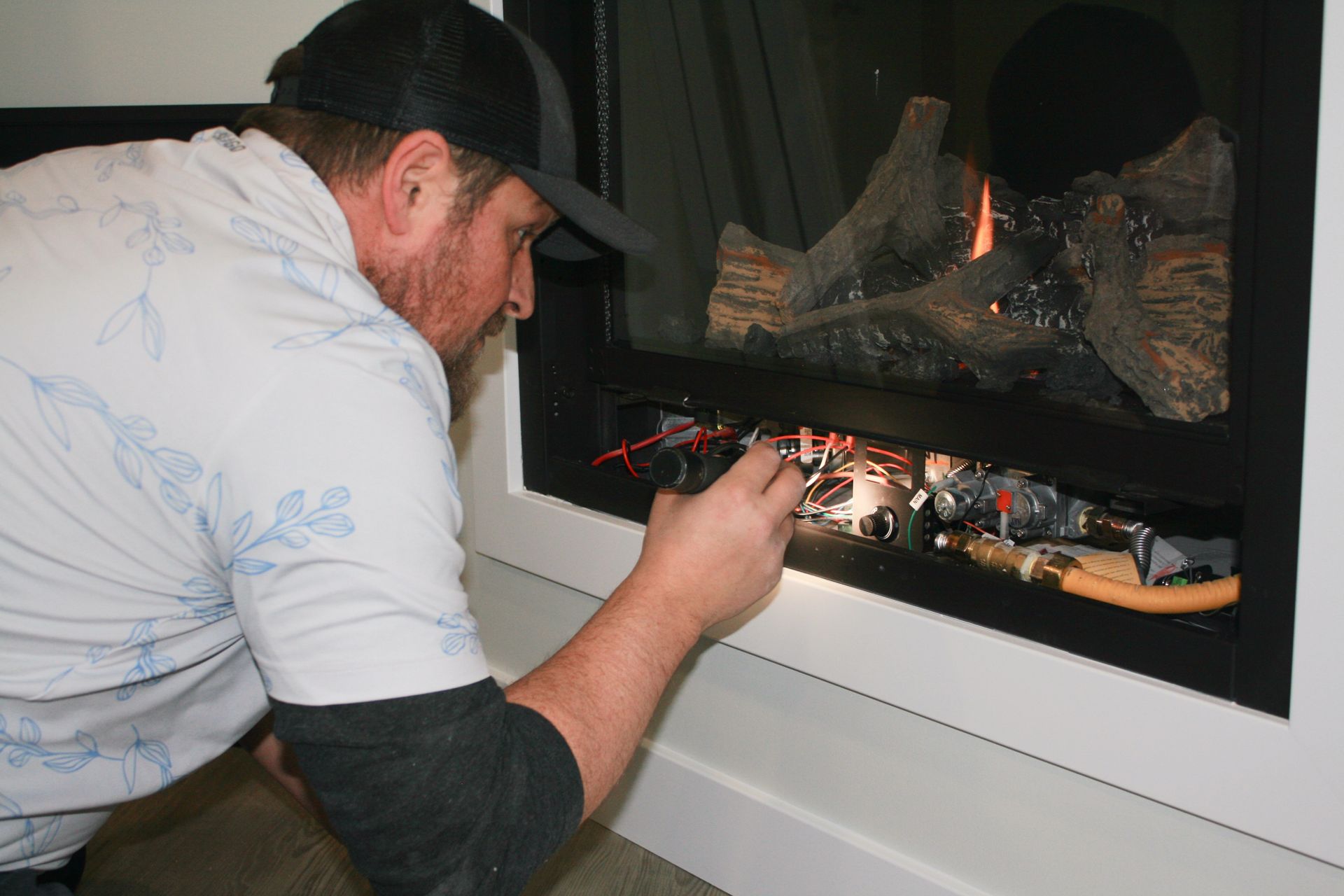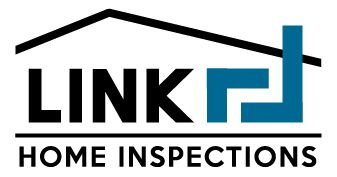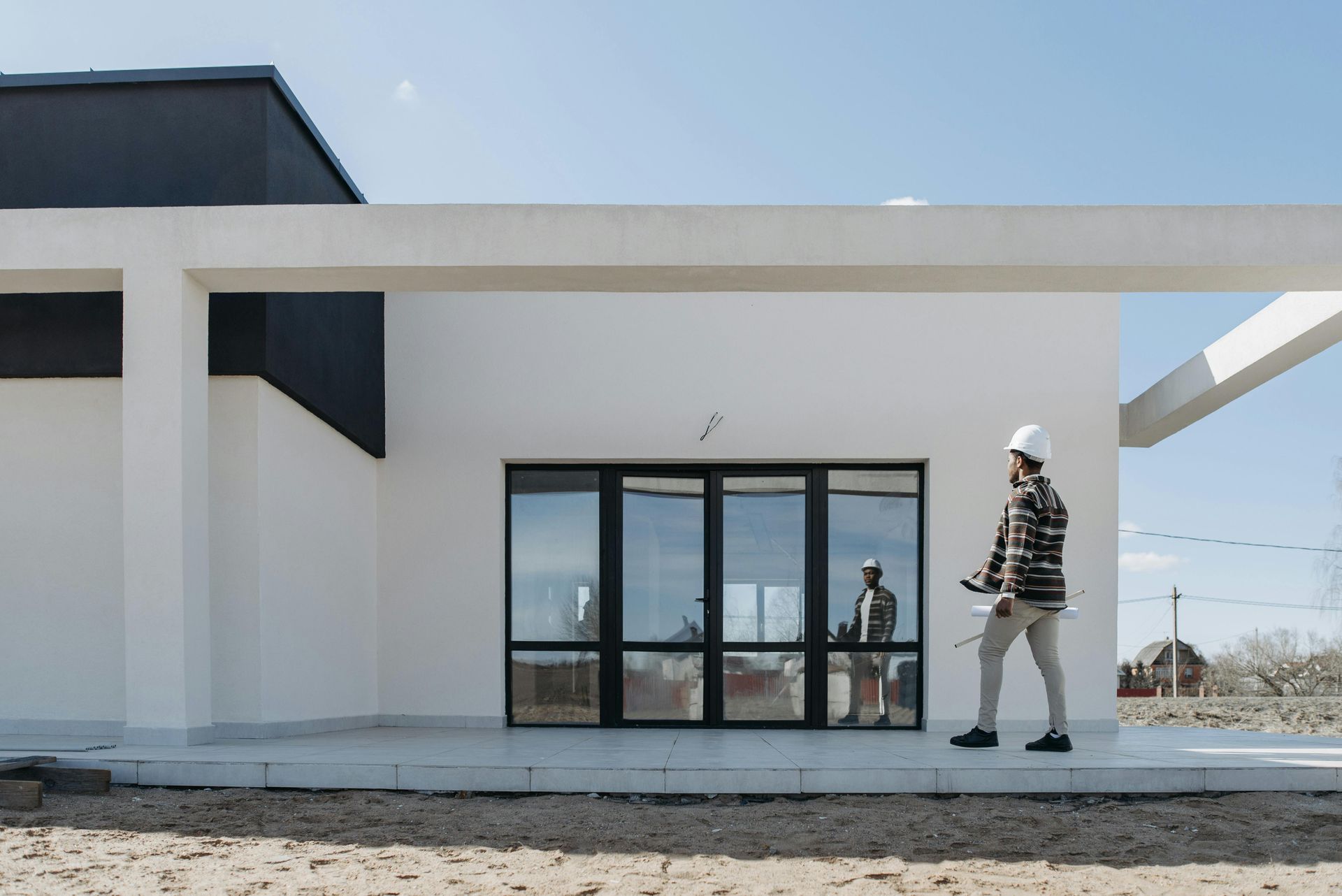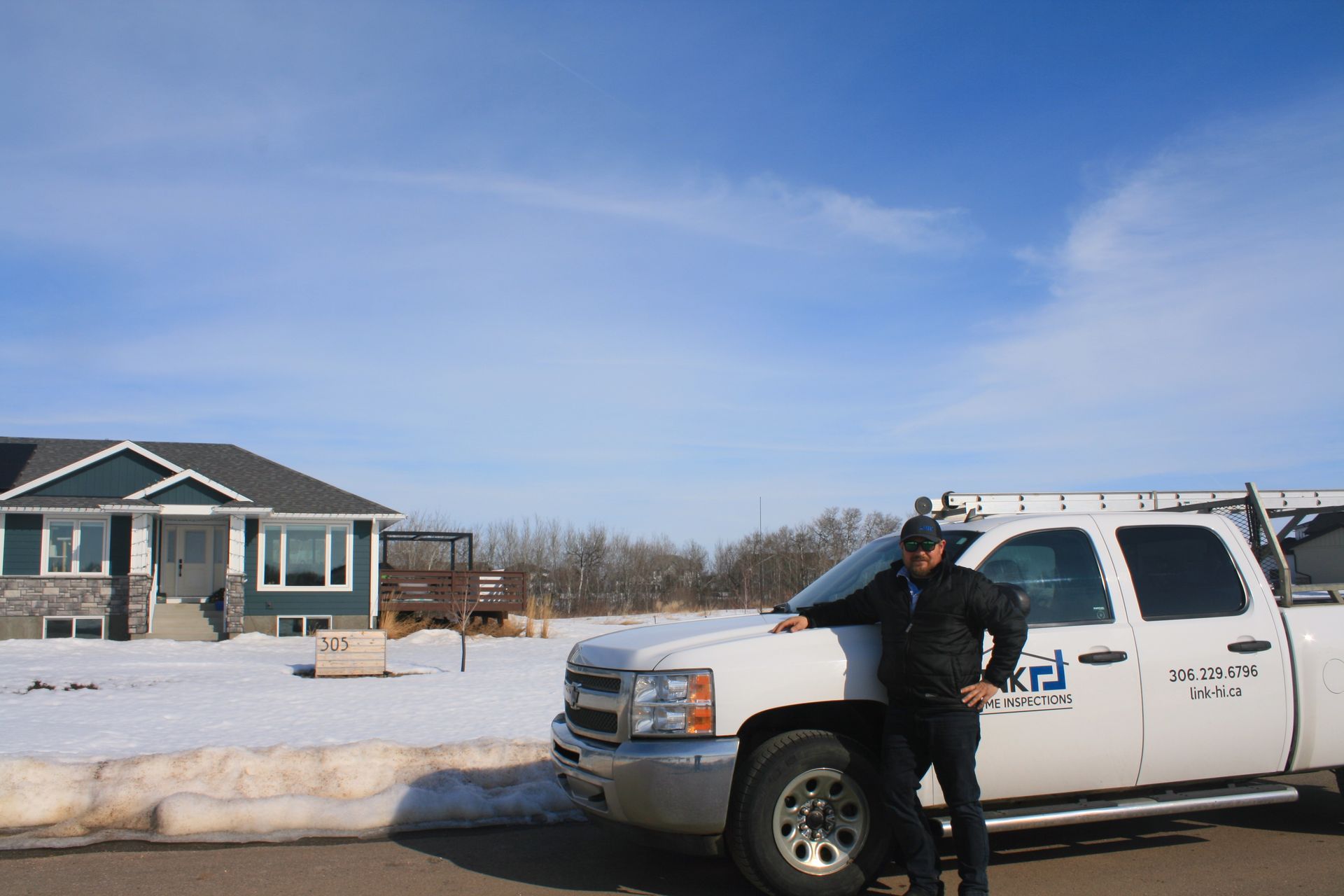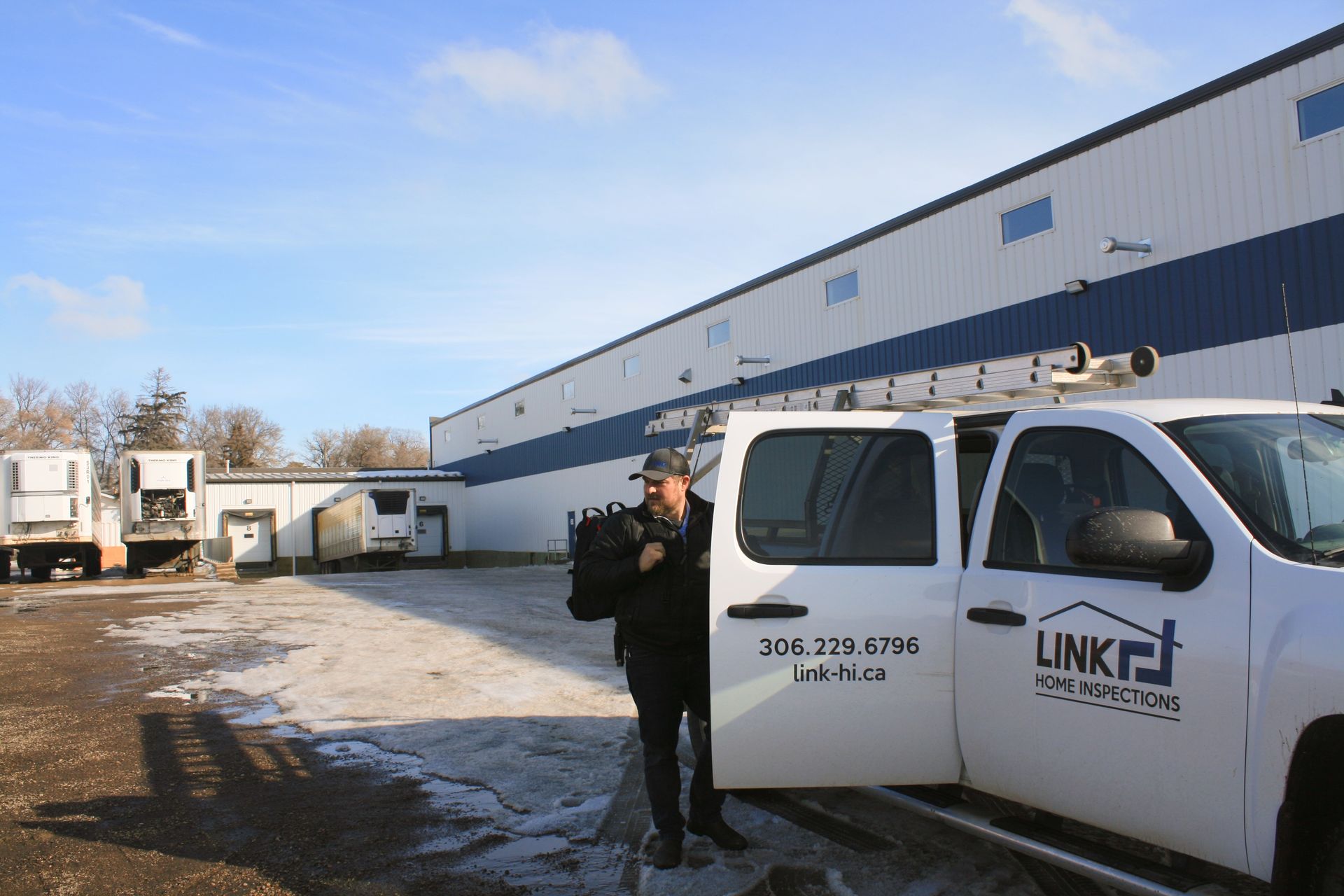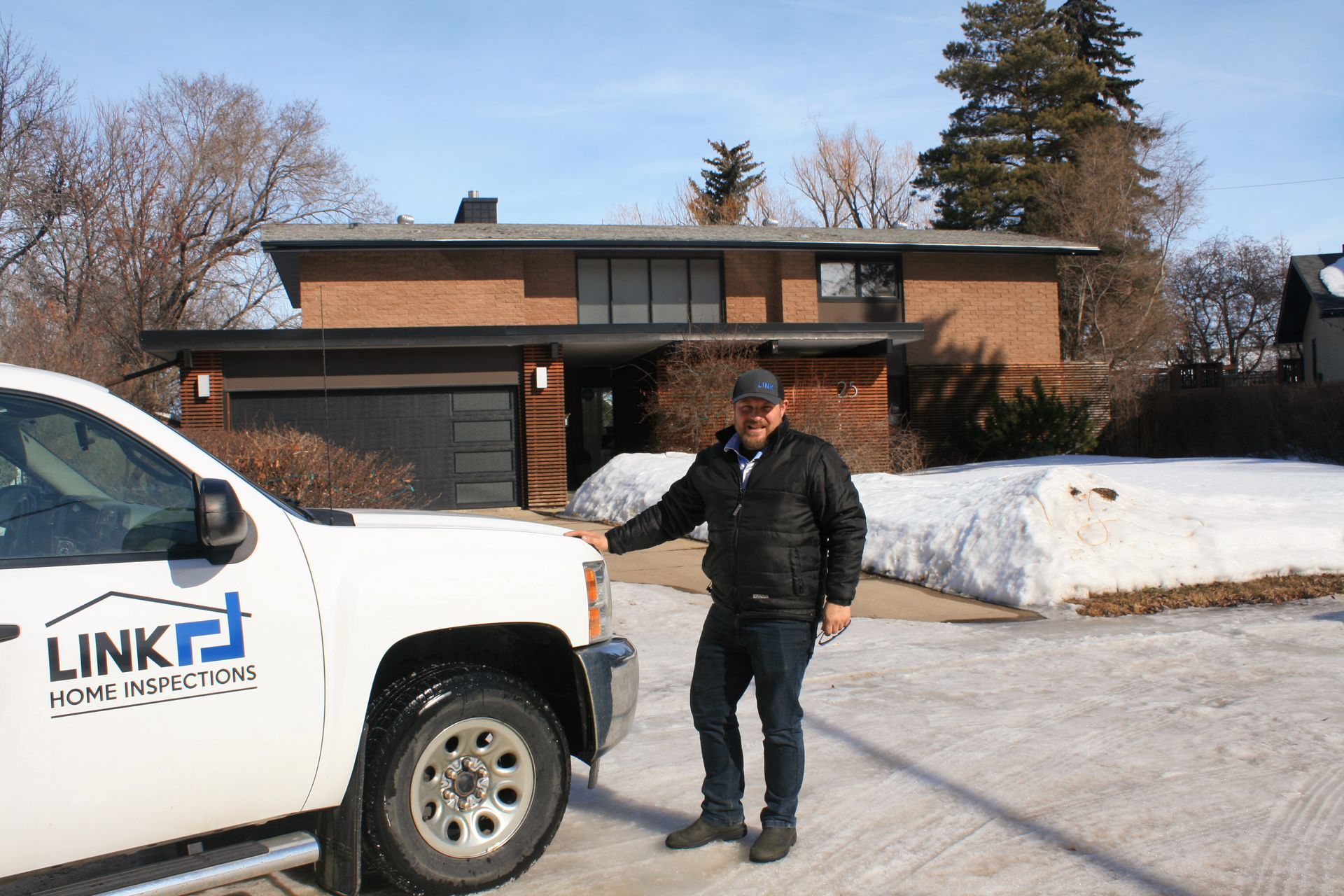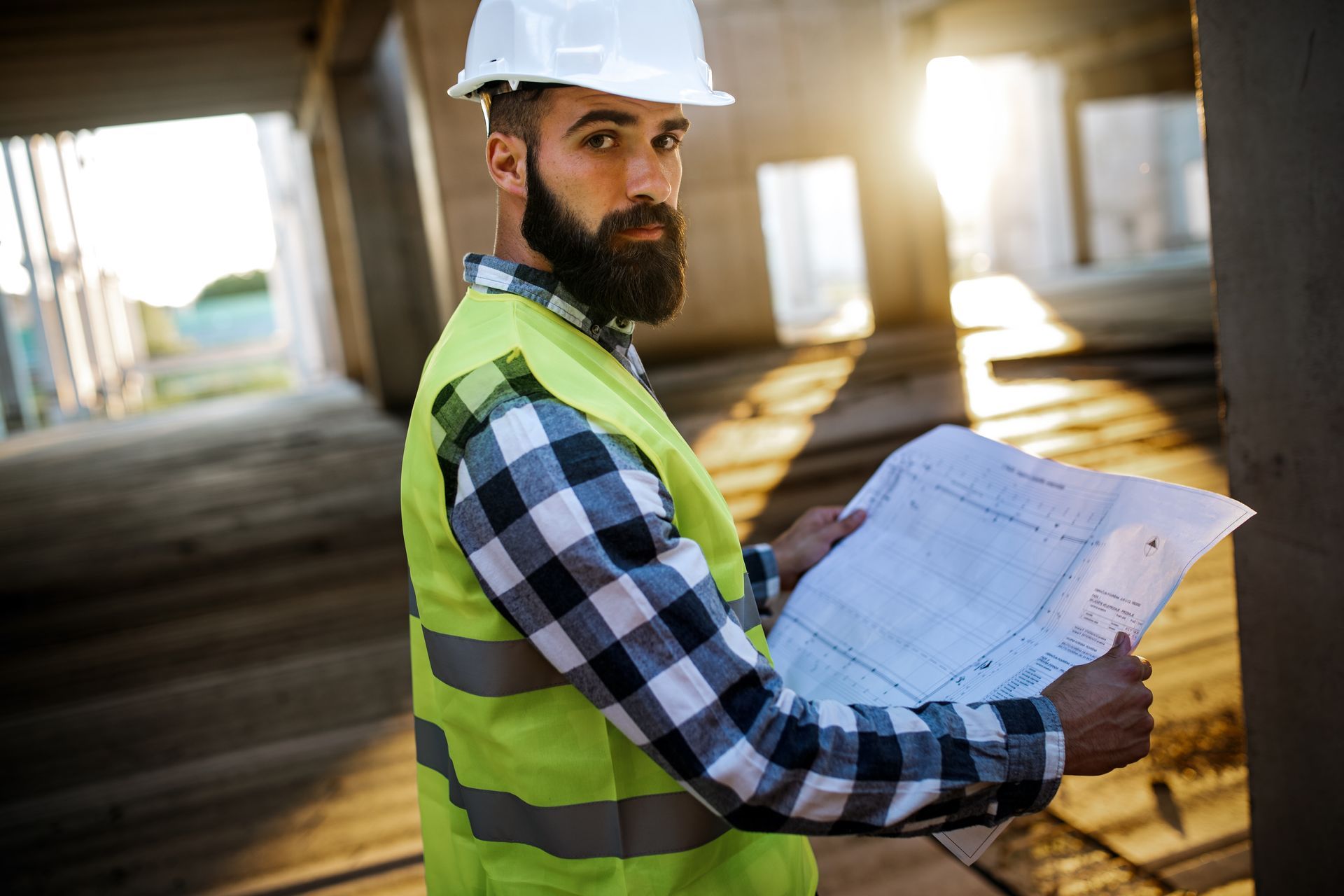What to Expect During a Home Inspection: A Step-by-Step Guide
Buying a home is an exciting journey, but it comes with risks. A real estate inspection is a crucial step in the process, helping buyers and sellers uncover potential issues before closing.
If you’re preparing for a home inspection, understanding what to expect can make the process smoother and less stressful. In this guide, we’ll walk through the home inspection process, what inspectors look for, and how you can prepare for a successful evaluation.
What is a Home Inspection?
A home inspection is a thorough evaluation of a property’s condition, performed by a certified home inspector. The goal is to identify any existing or potential issues that could affect the value or safety of the home.
Who benefits from a home inspection?
- Homebuyers – Ensure you’re making a sound investment and avoid unexpected repair costs.
- Sellers – Identify problems before listing the home, preventing last-minute deal-breakers.
- Real Estate Agents – Provide clients with valuable insights to smooth the buying or selling process.
What to Expect During a Home Inspection
1. Pre-Inspection Preparation
For Buyers:
- Confirm the inspection appointment with your real estate agent.
- Be present during the inspection to ask questions.
- Although the published report is thorough, bring a notebook to jot down important observations.
For Sellers:
- Clean and declutter the home.
- Ensure access to all areas (attic, basement, electrical panels, etc.).
- Provide documentation of past repairs or renovations.
2. The Home Inspector’s Walkthrough
The inspection process typically lasts about an hour, depending on the size and condition of the home. During this time, the home inspector will highlight areas of concern in the following areas:
Exterior Inspection
- Roof – Looks for missing shingles, leaks, or structural issues.
- Foundation – Checks for cracks, shifting, or moisture problems.
- Siding & Paint – Identifies peeling paint, rot, or damage.
- Gutters & Drainage – Ensures proper water flow away from the home.
Interior Inspection
- Walls, Ceilings & Floors – Checks for cracks, water stains, and uneven surfaces.
- Windows & Doors – Tests seals, locks, and insulation.
Structural & Safety Features
- Electrical Systems – Tests outlets, wiring, and breaker panels for safety hazards.
- Plumbing – Looks for leaks, water pressure issues, and drainage problems.
- HVAC System – Evaluates heating, ventilation, and air conditioning performance.
Additional Systems
- Attic & Insulation – Checks for ventilation and energy efficiency.
- Fireplace & Chimney – Ensures proper ventilation and fire safety.
- Pest Infestation – Identifies signs of termites, rodents, or other pests.
3. Review of the Home Inspection Report
Once the inspection is complete, the home inspector will provide a detailed report that outlines:
- Major Issues – Structural problems, foundation cracks, roof leaks, or plumbing failures.
- Minor Repairs – Cosmetic damage, loose fixtures, or worn-out seals.
- Recommendations – Suggested repairs and referrals to trusted trades people.
💡 Pro Tip: Buyers should discuss the findings with their real estate agent to decide whether to:
- Request repairs from the seller
- Negotiate a lower price
- Move forward with the purchase
How to Prepare for a Home Inspection (For Sellers)
Want to pass your home inspection with flying colors? Here’s how:
- Fix minor repairs – Patch holes, tighten loose handles, and replace broken fixtures.
- Ensure safety compliance – Install smoke detectors, test GFCI outlets, and check for trip hazards.
- Keep utilities on – Inspectors need access to power, water, and gas for testing.
- Clear storage areas – Make sure attics, basements, and electrical panels are accessible.
- Provide maintenance records – Have a list of past repairs, renovations, and warranties.
A well-maintained home makes a great first impression, reducing the likelihood of buyers backing out or renegotiating.
How Much Does a Home Inspection Cost?
The cost of a home inspection depends on several factors, including location, home size, and inspector expertise. Here’s a general breakdown:
- Standard Home Inspection – $450 to $600
- Additional/Specific Inspections (Moisture, Pests, etc.) – $100 to $300 each
While an inspection might seem like an extra expense, it can save thousands in unexpected repairs and prevent costly surprises after closing.
What Happens After a Home Inspection?
For Buyers:
- Review the report and determine if any issues need addressing.
- Discuss repair requests with your real estate agent.
- Decide whether to negotiate, move forward, or walk away.
For Sellers:
- Respond to buyer requests regarding repairs or price adjustments.
- Complete necessary fixes to avoid losing the sale.
- Be prepared for follow-up inspections if major repairs are required.
Final Thoughts: Be Prepared for a Smooth Home Inspection
A home inspection is a crucial step in buying or selling a property. Understanding what to expect can help you navigate the process with confidence.
- For buyers – A thorough inspection ensures you’re making a wise investment.
- For sellers – Addressing common issues beforehand can speed up the selling process and attract stronger offers.
Need a Trusted Home Inspector?
At Link Home Inspection, we provide comprehensive home inspection services to help buyers and sellers make informed decisions. Contact us today to schedule your real estate inspection!
